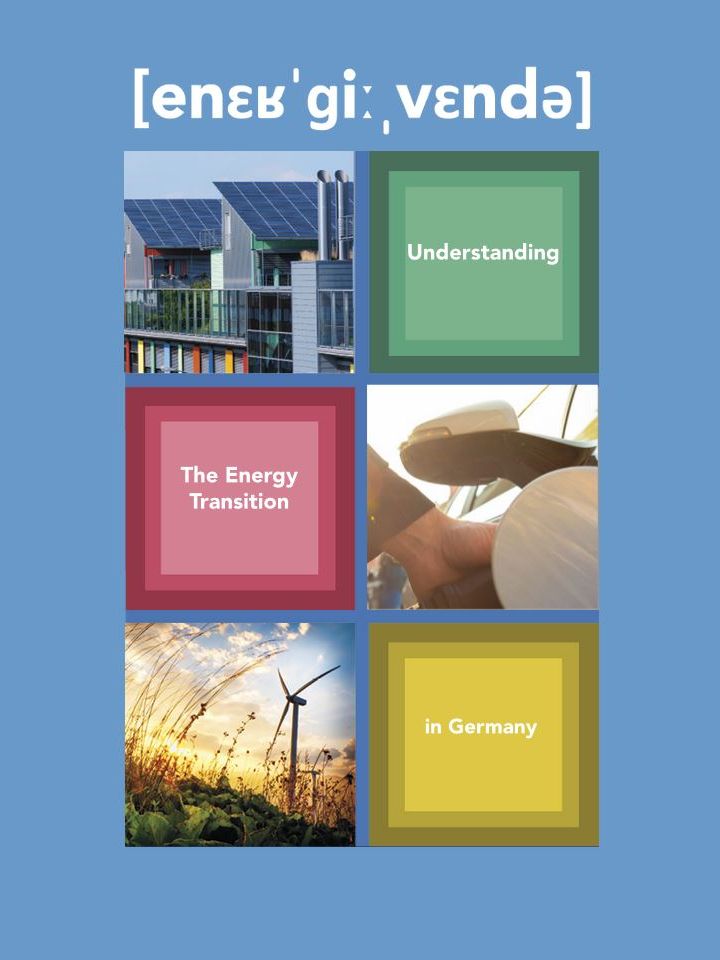Transforming the Transport Sector Towards a Fossil Fuel Free Future
- Event
- Date
-
- Location
- Berlin, Germany
- Speaker
Amory Lovins supplied the intellectual DNA for the Energy Transition, notably with his concept of "Soft Energy" and how it promotes peace and prosperity. In recognition of his many contributions, he received the German Bundesverdienstkreuz 1. Klasse (Officer's Cross of the Order of Merit of the Federal Republic of Germany) on 17 March 2016 at the Federal Foreign Office. Ecologic Institute and the Hertie School of Governance held a reception in celebration of Amory Lovins' achievements the following day.
The event started with with a Laudatio in honor of Amory Lovins by Prof. Dr. Klaus Töpfer. Afterwards, Mr. Lovins spoke about the importance of transforming the transport sector towards a fossil-fuel free future.
From PIGS to SEALS
According to Mr. Lovins, the transformation will see a massive shift away from PIGS (Personal Internal-combustion Gasoline Steel-dominated vehicles) in favor of SEALS (Shareable Electrified Autonomous Lightweight Service vehicles). Moreover, cities will be designed around people, not around cars. The following factors will spur this transition on:
- New materials will revolutionize the design and refurbishment of vehicles. Most importantly, this means the development of a carbon fiber material that makes cars lighter and more energy efficient, therefore making the broader adoption of electric vehicles a reality.
- Business models for urban transport will change rapidly. Presently, private, gasoline-powered, steel-made cars are the status quo. In the future, however, electric, autonomous driving will dominate with lightweight vehicles shared by many. Mobility will be provided as a service. E-cars will not just be "other" cars. Completely new business models will arise, quickening the pace of the transition. The pace of change will thus be dictated by newcomers, not by incumbents. Investors will invest their money in who they expect to be the winners of tomorrow, and divest from the losers.
Amory Lovins' presentation was followed by a discussion with an audience of around 120 attendees, including students, policy makers, think tank and NGO representatives.
The event was hosted by Ecologic Institute, in cooperation with the Hertie School of Governance, with the generous financial support of the European Climate Foundation and the Stiftung Mercator.




